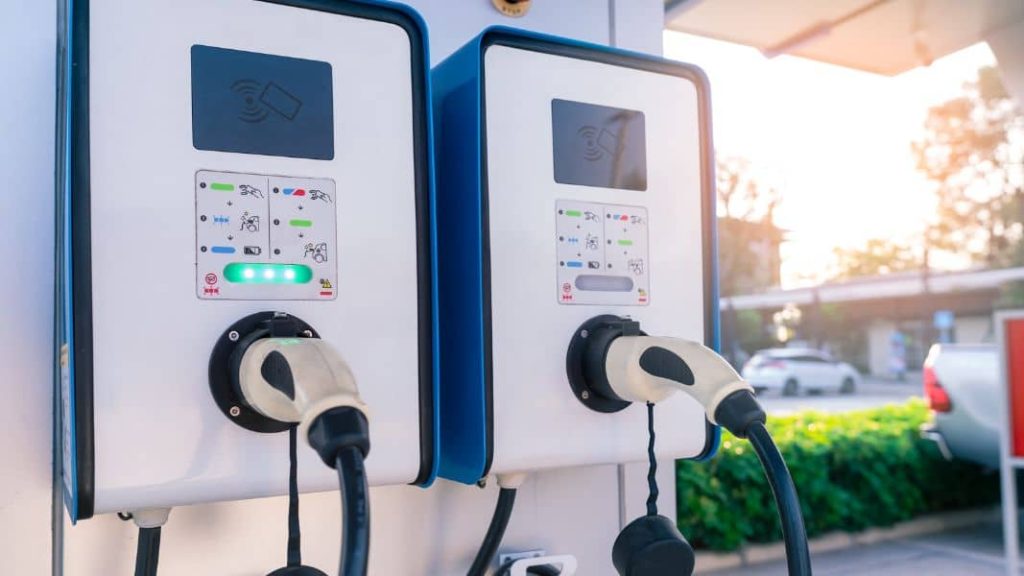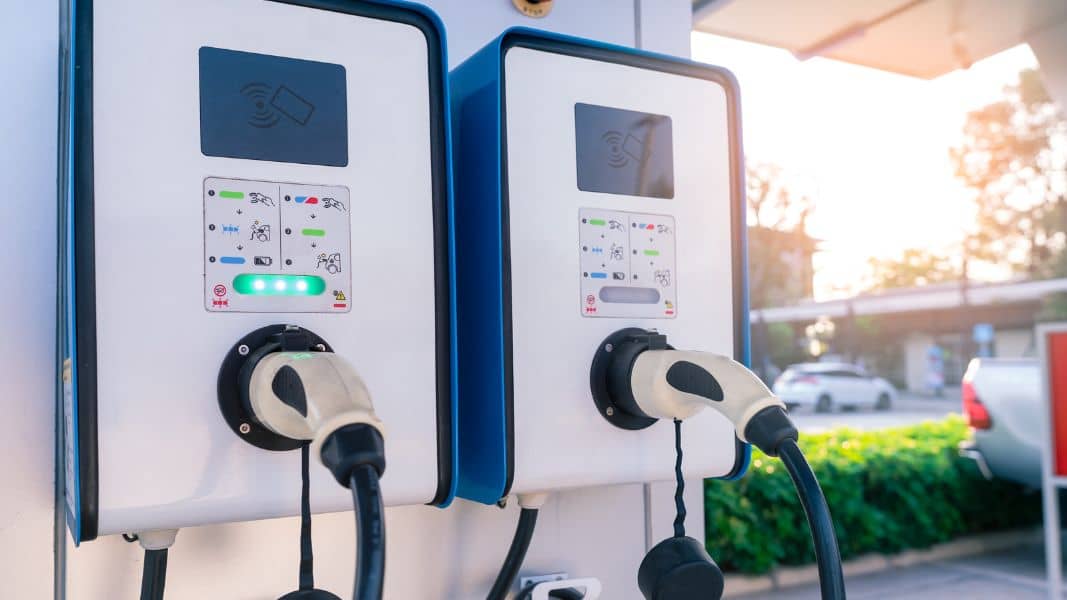Course Content
About our Training:
The class includes three, 3-hour modules, with varying levels of subject matter. The first module, Transportation Electrification: B-A-S-I-C-S, provides students with an introduction to electric vehicles (EVs), electric vehicle charging equipment (EVCE), and background information on emissions, EVCE infrastructure, and funding opportunities in New York. The second module, EVCE Feasibility, students review the world of parking, understand what to look for when developing an EVCE project, what to find out when conducting a site feasibility, and why electrical capacity matters so much for EVCE projects. Finally, the third module, Installation and Managed Charging, reviews all of the different aspects involved with an EVCE installation, including siting, hardware, software, construction, as well as technical information on different types of lithium-ion battery chemistries.
Training Objectives:
- Detailed look at the electrical components typically found within EVs, Level 2 EVCE, and Level 3 EVCE, highlighting the important components, their function, and how they operate.
- Electrical safety reviewing the concept of battery storage, the significance of thermal runaway, and exploring a variety of lithium-ion energy storage chemistries, discussing the advantages and disadvantages of certain chemistries and their typical use cases, including for electric vehicles.
- Explain the benefits of managed charging, how software can used to schedule charging for Time of Use (TOU) rates offered exclusively for EV charging, the ability of managed charging to decrease/increase the amount of power being delivered to the vehicle, and how managed charging can help facilities charge multiple vehicles simultaneously.
- Discuss the typical load profiles utilities deliver for, review the load profiles of different EV categories, including single-family home, multi-unit dwellings, fleet vehicles, heavy-duty vehicles, and transit vehicles (buses).
- Describe the concept of Futureproofing, why it is important, and how it can save facilities money.
- Review of the Site Feasibility Calculator that provides a foundation for students to structure their own EVCE projects, modeling different levels of managed charging to highlight the benefits it can provide, review the Site Checklist and what each item is/does, and review the project process flow to help students understand the permitting and utility processes of EVCE installation.









